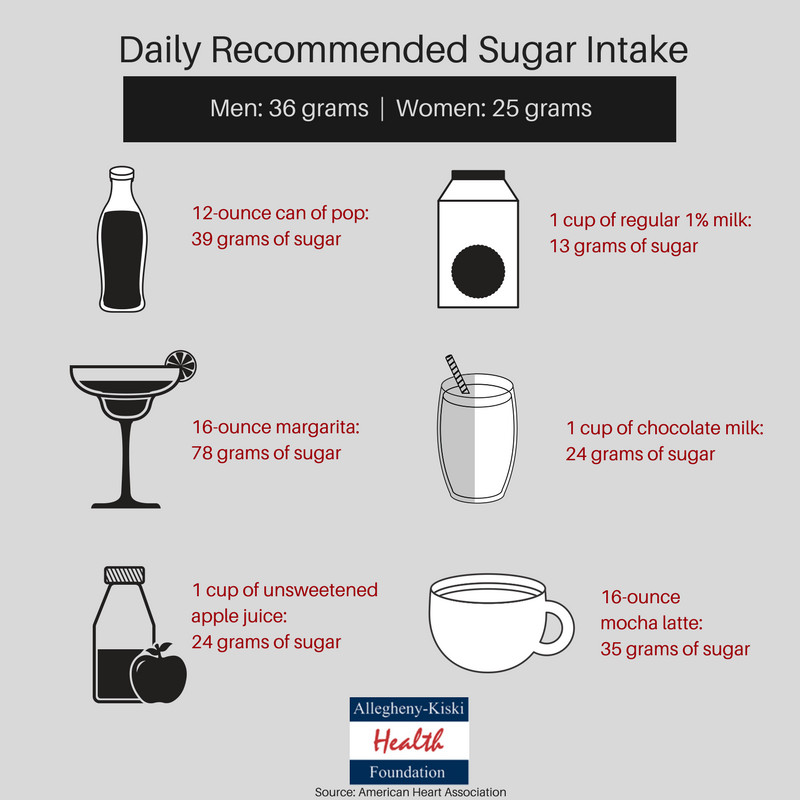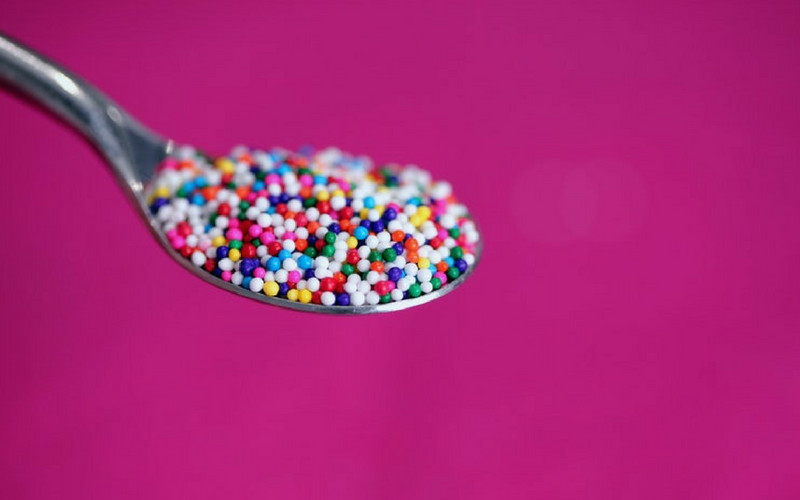Eating a healthy, nutritious diet is one of the best things we can do for our bodies, but with the countless nutrition myths out there, it can be difficult to figure out what’s really healthy and what’s not. To help you separate nutrition fact from fiction, here are some of the most common health food myths we see.
Myth #1: “Low-Fat” Means “Healthy”
While it is true that eliminating unhealthy fats from your diet can improve your overall health and help you lose weight, switching to a low-fat diet isn’t necessarily helpful. Processed foods that claim to be “low-fat” usually contain large amounts of sugar and sugar substitutes to make up for the difference in taste by cutting back on fat.
On the other hand, fresh fruits and vegetables are examples of naturally low-fat foods that are good for you.
Myth #2: Fruit Juice Is a Healthy Alternative to Soft Drinks
Swapping fruit juice for soft drinks might seem like a healthy switch, but the truth is that most fruit juices contain nearly just as much sugar as soft drinks do. In fact, one 12-ounce can of pop contains 39 grams of sugar, while one 8-ounce cup of apple juice contains 24 grams of sugar.

Myth #3: The Key to Losing Weight Is Counting Calories
Keeping tabs on how many calories you consume in a day is important to an extent, but it’s not the end-all-be-all of dieting. Instead, place a larger focus on the quality of the calories you’re consuming, rather than the quantity.
Myth #4: The Only Way to Get Vitamin D Is from the Sun
Vitamin D is an important nutrient that helps your body to absorb calcium. Although it is not abundant in many foods, you can get an adequate amount of vitamin D from food sources like tuna, salmon, cheese, egg yolks, and fortified cereals.
Prolonged sun exposure can lead to skin cancer and other health issues, so try to get vitamin D from food sources or supplements instead.
Myth #5: Artificial Sweeteners Are Healthier than Sugar
Artificial sweeteners, which include saccharin, acesulfame, aspartame, neotame, and sucralose, are not necessarily any healthier for you than regular sugar. Even though they’re marketed as a low-calorie alternative, artificial sweeteners have been linked with a number of health concerns, including an increased risk of metabolic syndrome and type 2 diabetes.






